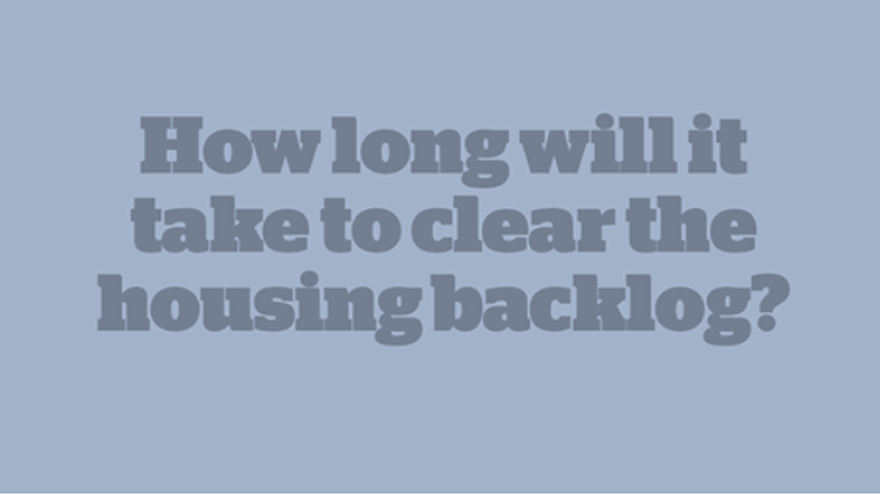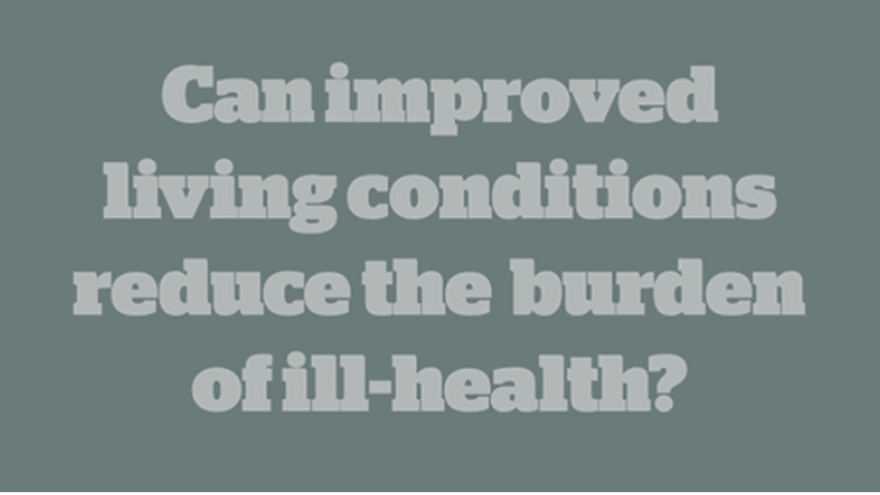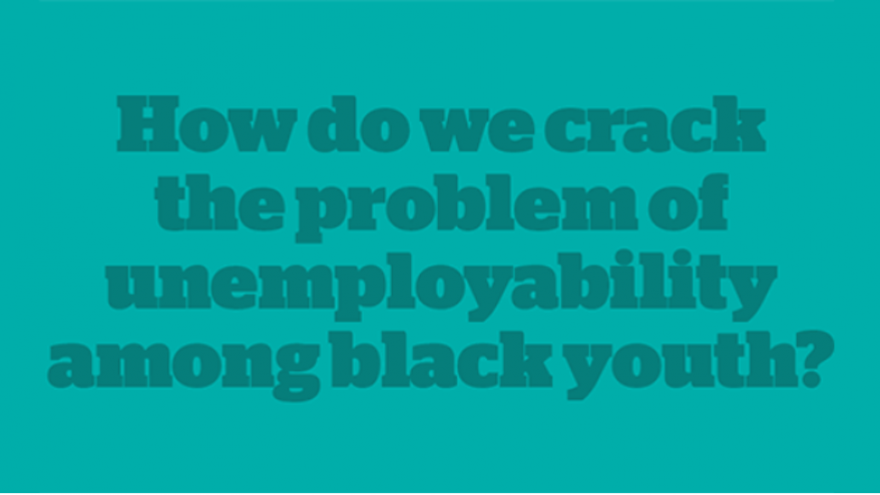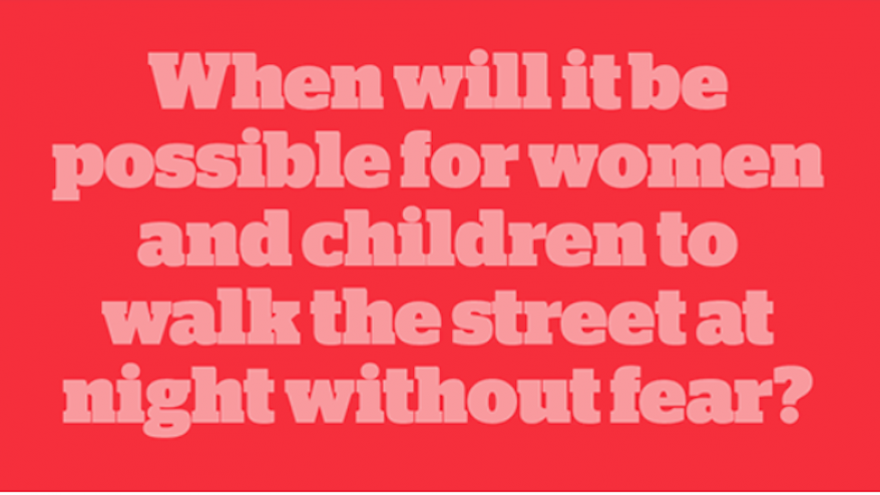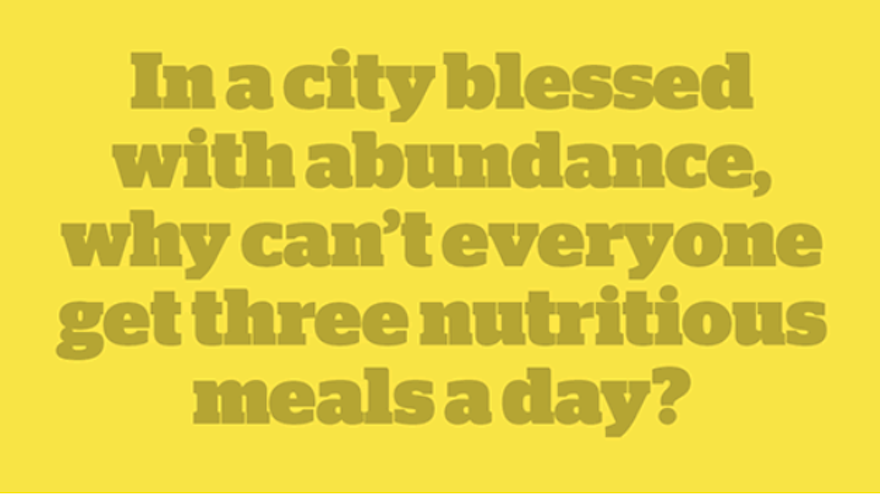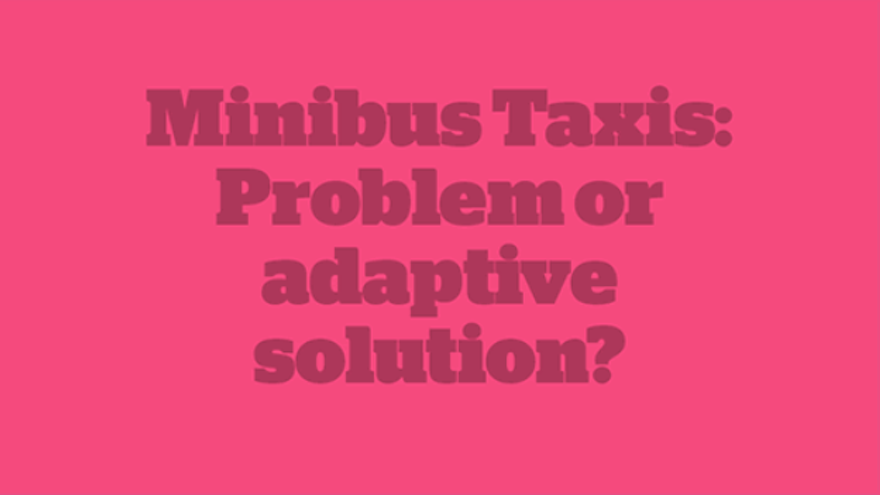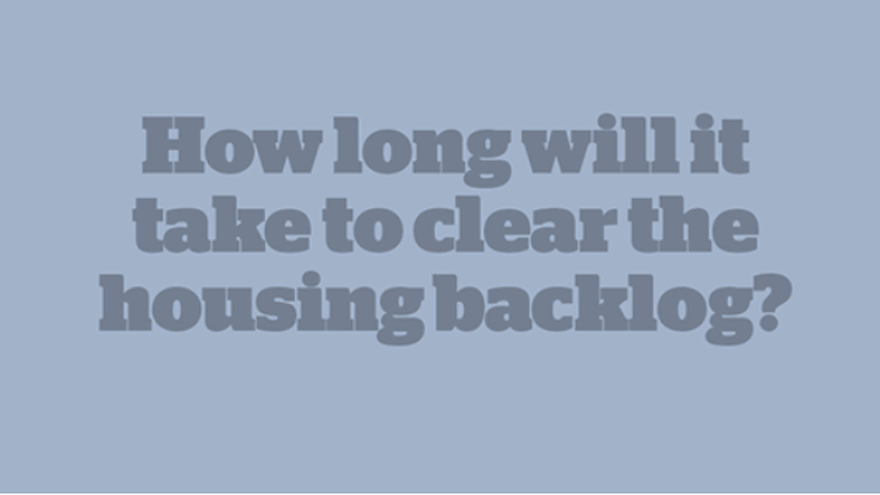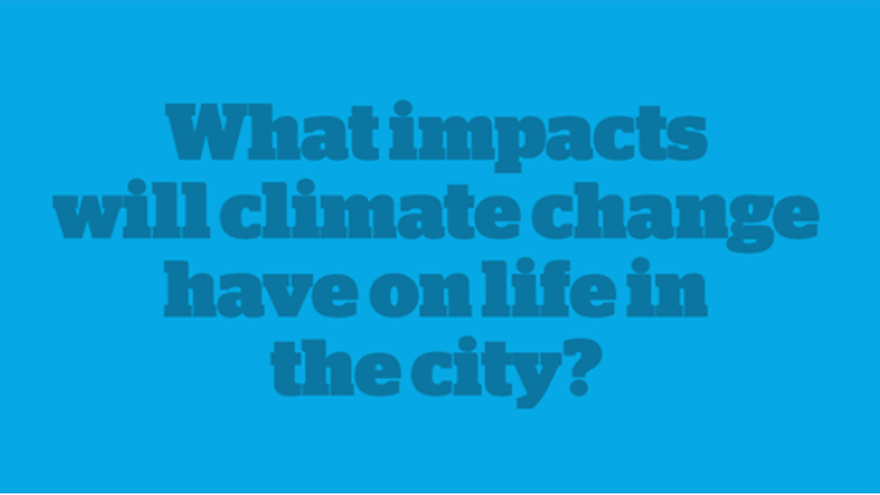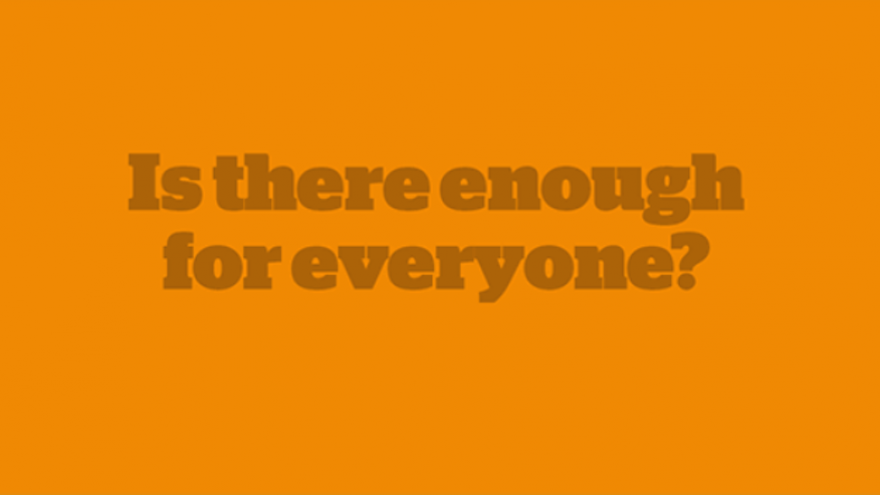“With cities, it is as with dreams: everything imaginable can be dreamed but even the most unexpected dream is a rebus that conceals a desire, or its reverse, a fear. Cities, like dreams, are made up of desires and fears, even if the thread of their discourse is secret, their roles are absurd, their perspectives deceitful and everything conceals something else.”
This quote by Italian author Italo Calvino in his book Invisible Cities, looms large in one of the exhibition space in the Cape Town City Hall where the City Desired exhibition opened on 30 October.
The exhibition mounted by the African Centre for Cities (ACC), a research unit of the University of Cape Town (UCT) at City Hall in Cape Town takes a probing look at the desires and fears, the challenges and opporunities that shape Cape Town as a city through the lens of 11 residents’ stories.
City Desired uses a range of media platforms, including photography, film and interactive tools, to profile eleven Capetonians whose life experiences offer powerful insights into the fabric of the city. Drawing on the biographies of a domestic worker, taxi boss, psychiatrist, urban farmer, environmental officer, spaza shop owner, violence councillor, architect, school principal, and twin brothers who collaborate as artists, City Desired maps the fine grain of a city awkwardly negotiating change.
ACC adopted a story telling approach as a way to not only distill the volumes of academic research, conversation and international discourse in a way that would allow people to read themselves into the work. As Prof Edgar Pieters, director of the ACC and co-curator of the exhibition puts it: “We tried to create stories because in the end what it all really boils down to is stories; the stories we tell ourselves, about ourselves and about the world.”
The stories are also a way into ten themes namely Well-Being, Education, Mobility, Shelter, Work, The Food System, Land, Diversity, Vulnerability and Climate Change around which the exhibitions is structured giving an in-depth view of contemporary Cape Town.
“It is simply not good enough in this century for university to do academic work and not take responsibility to translate that work into an idiom that can enable a number of lives,” says Pieterse.
Leading up to the exhibition, a variety of creative projects were undertaken, the processes and outcomes of which are also on display as part of the exhibition. Three “Density Syndicates” hosted by ACC and the International New Town Institute (INTI) to tackle the issue of density, exploring the viability of audacious and grounded visions for how we can re-think settlement and neighbourhoods in Cape Town.
Urban Think Tank - ETH Zurich along with local NGO Ikhayalami held another community participation workshop in an on-going project around the reblocking and upgrade of an informal settlement in Khayalitsha called BT Section.
The City Desired exhibition runs until 10 December 2014.

